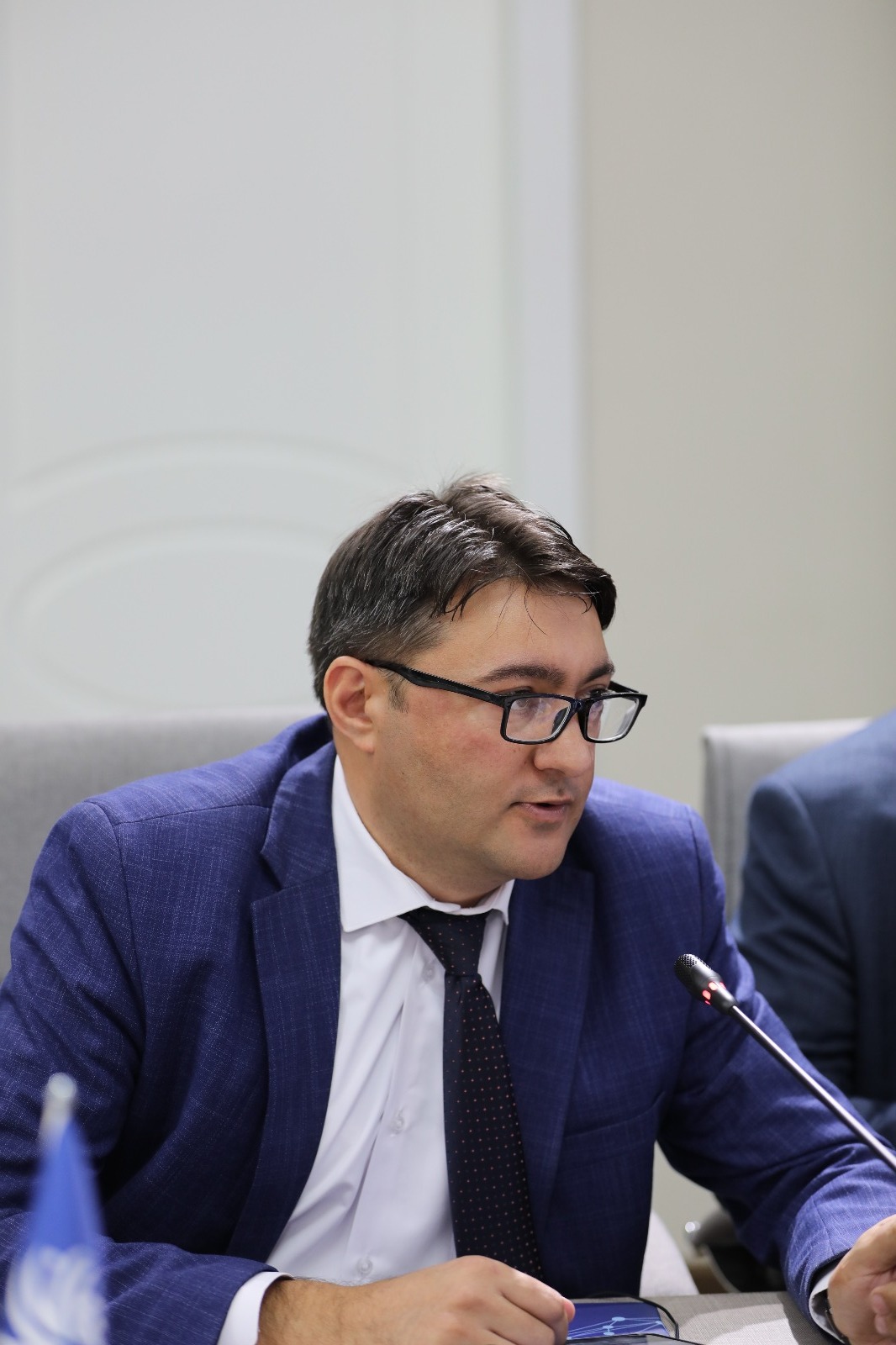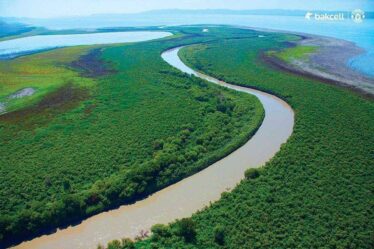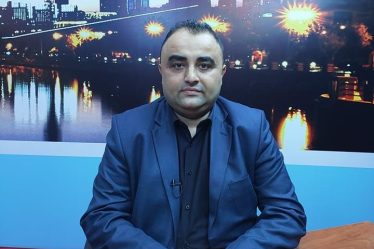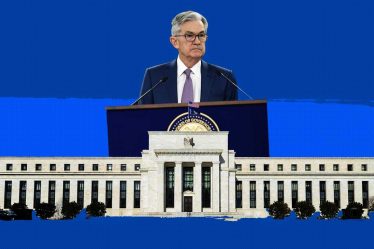
Azerbaijan performs the difficult but necessary task of protecting its national interests and ensuring balance in international politics, while sometimes accepting harsh realities and choosing its own path. Any soft touch at the political table can turn into a harsh clash at the border. The appearance of the President of Poland on the Armenian-Azerbaijani border, although called a “diplomatic visit,” in fact, more openly demonstrates the position of certain European Union members against Azerbaijan. This is a cold message presented on a golden platter: “neutrality, or give up what — choose your position?” Azerbaijan neither openly reacts to such messages nor remains silent — its response lies in its actions, its work, and its principles.
In such a situation, Azerbaijan must once again acknowledge its location in a highly sensitive region. The Russian-Ukrainian war is only 300 kilometers from our border and has led to the displacement of more than 8 million refugees. The concern that such a humanitarian wave could seriously affect Azerbaijan’s economic and social stability has become increasingly relevant in recent days. The expected potential conflicts between Iran and Israel could erupt just 20–50 kilometers from our border, increasing military and economic risks. Tensions between Israel and Lebanon also impact energy markets, leaving Azerbaijan no choice but to be part of these global processes. The President, who refers to oil as “God’s grace to this nation,” points out that oil is not only the fuel for high-efficiency “flying angels of death,” but also bread — soaked in oil and eaten as a condition of our survival.
On the other hand, if the “Arte” channel portrays Azerbaijanis, who became internally displaced persons in the 1990s, as “Armenian refugees,” this is nothing but the international media’s “cutting and stitching” of truths. However, we will not abandon our history or the epic of our Victory, written with the blood of martyrs, to any media factory. Hikmet Hajiyev’s harsh criticism of “Politico” also demonstrates that Azerbaijan will not waver in its position: it is impossible to taint our truth-based policies with fake news. In the face of the hypocritical policies of certain European circles, Azerbaijan continues to resolutely defend its national interests.
Azerbaijan’s balanced but firm approach is impactful not only in the political sphere but also in the economic domain. In a world where global military spending has reached $2.4 trillion and NATO’s annual budget stands at $1.4 trillion, Azerbaijan’s planned military budget of 8.3 billion manats for 2025 is a strategic step to maintain security balance in the region. This figure significantly surpasses Armenia’s military expenditures, yet it also necessitates enhancing our country’s defense capabilities in the face of regional and global threats. The ammunition being funneled into the region is bound to be used eventually. From India to the United States, many are now transporting weapons to Yerevan. Today, more weapons than passengers are being flown into Armenia.
The great powers are playing their game on a highly delicate but dangerous stage. U.S. statements against the risk of nuclear war by Russia, along with its support for the ceasefire agreement between Israel and Lebanon, indicate that the world is churning like a boiling cauldron. How does Azerbaijan participate in this process? In a balanced manner: it supports international peace initiatives while avoiding becoming a party that compromises its position in the name of “balance.” We invite NATO delegations to Baku while simultaneously conducting joint exercises with Iran. Diplomacy for us is not elastic but a confident step on tightly tied ropes. In short, this balance is not a balance of harmony but a balance amidst imbalance.
The small details of big games always lead to serious consequences. Poland’s close contacts with Armenia and the open support of certain European Union members for Armenia reveal that neutrality in regional politics is often just an illusion. However, Azerbaijan’s path remains clear: we will not entrust the protection of our national interests to anyone. The hypocritical policies of some European circles and Azerbaijan’s independent navigation through the labyrinths created by these powers are a historical lesson.
As one of the hot spots in global politics, Azerbaijan chooses its independent path amidst global threats and regional interests. The numbers, facts, and proximity show that every step and every decision carries strategic importance both within the country and beyond its borders. This is Azerbaijan’s historical mission and geopolitical advantage.
In conclusion: Curse and history are always intertwined. The phrase “historical curse” was not written without reason. Polish President, your homeland, Poland, is known for being the most divided country in history — lands fragmented six times by different global powers. This shows that Poland has always existed in a dangerous geography, and those dangers remain at your doorstep today. You never know; you might face a seventh division at the end of the Ukrainian war, or you might not. But history exists to teach lessons, just as we have experienced the fate of your country. Yet today, we face each other under different banners — you under the flag of the occupier, and we under our own. Do not forget which country you lead.
At least, you have a great mission ahead, and there are nations and approaches in the EU, like Hungary, that offer alternative perspectives. Let us not curse you.
Əziz Əlibəyli – Head of the Media and Communication Department at the Social Research Center



